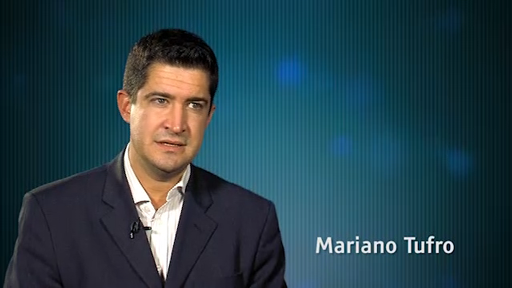5 An introduction to coaching in practice
In this section we provide an introduction to professional coaching skills, with a focus on practical approaches and techniques.
Watch the video below, in which our panel of HRD experts – all experienced coaches – talk about what they believe are the features of successful coaching and what they look for in a coach in terms of skills and behaviours.

Transcript
The HRD professionals highlight the following key areas of coaching behaviours and skills:
- understanding resistance to coaching – a coach may need to prepare for that and consider how that resistance could be used as part of the discussion
- the use of good judgement on when to offer instruction, or to simply guide the coachee
- sensing the learner’s emotions towards the process, through active listening and awareness
- enabling the learner to find their own answers – this is preferable to offering instruction or being directive
- building trust and rapport as the relationship is the key feature of successful coaching.
The remaining sections will present a brief introduction to professional coaching skills, with a focus on practical aspects, such as planning the session, delivering the sessions, and some of the basic skills involved.
